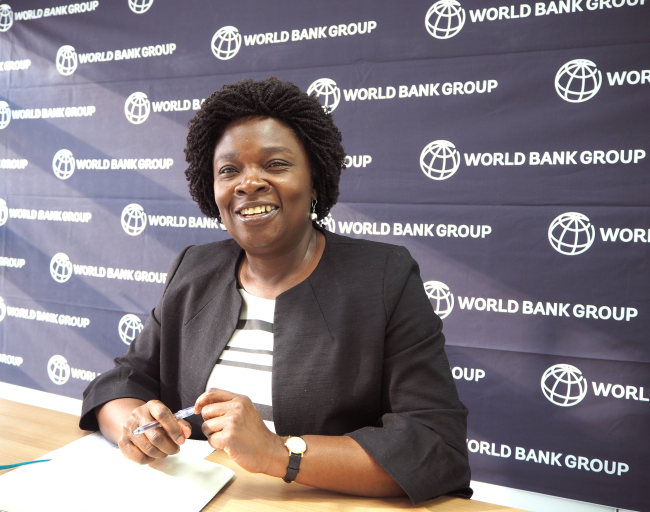The World Bank Group as it looks further into the future in terms of Fiji’s longer-term recovery, the tourism sector comes up as one of the major areas of work.
World Bank Group’s East Asia and the Pacific regional vice-president Victoria Kwakwa said the World Bank’s recently launched report, Banking on Protected Areas: Promoting sustainable nature-based tourism to benefit local communities, highlighted that tourism in Fiji’s Mamanuca islands created 8304 jobs (through direct and indirect channels), employing 13 per cent of the local population in Nadroga-Navosa and the Mamanuca.
She said the report makes the case that the promotion of sustainable nature-based tourism in protected areas should be included in COVID-19 economic recovery plans, showing that for every dollar invested in protected areas and support for eco-tourism, the return is at least six times the original investment.
Ms Kwakwa said the report that focused on Brazil, Nepal, Zambia and Fiji recommended a system-wide approach that included protecting natural assets, growing and diversifying tourism businesses, as well as sharing benefits with local communities.
She had responded to questions posed to her from this newspaper during a virtual media roundtable which included her and the World Bank Group president David Malpass on Thursday.
In her response, Ms Kwakwa said in addition to providing ongoing support to help Fiji build its economic, social and climate resilience, the World Bank had also programmed funding of more than $US195 million ($F402m) on highly concessional terms under the World Bank Group’s new four-year workplan for Fiji.
She said that included support for a further strengthening of Fiji’s social protection system and policies, as well as cash transfers through the Fiji National Provident Fund for Fijians who had lost their jobs or are working fewer hours because of COVID-19.
This support, she said, was on top of funding for the urgent COVID-19 response supplies for the Ministry of Health & Medical Services – which was delivering medical equipment, PPEs for health workers, and inflection control supplies.
The World Bank is also working with the Fijian Government to identify ways to support those working in the informal sector – such as those selling fruit and vegetables to markets, or those producing handicrafts for the tourism sector – to ensure that Fijians, including the country’s most vulnerable families, can get assistance and support when they need it the most.
She said despite the impacts of COVID-19, Fiji continued to demonstrate its extraordinary resilience as a nation, and they looked forward to continuing to support its efforts alongside other key partners.


